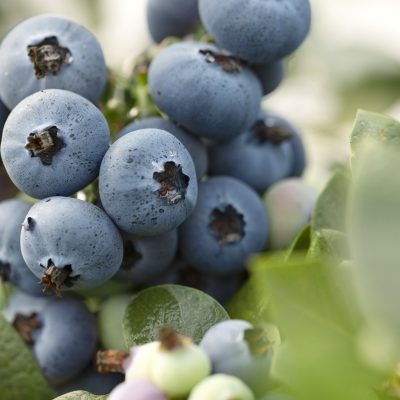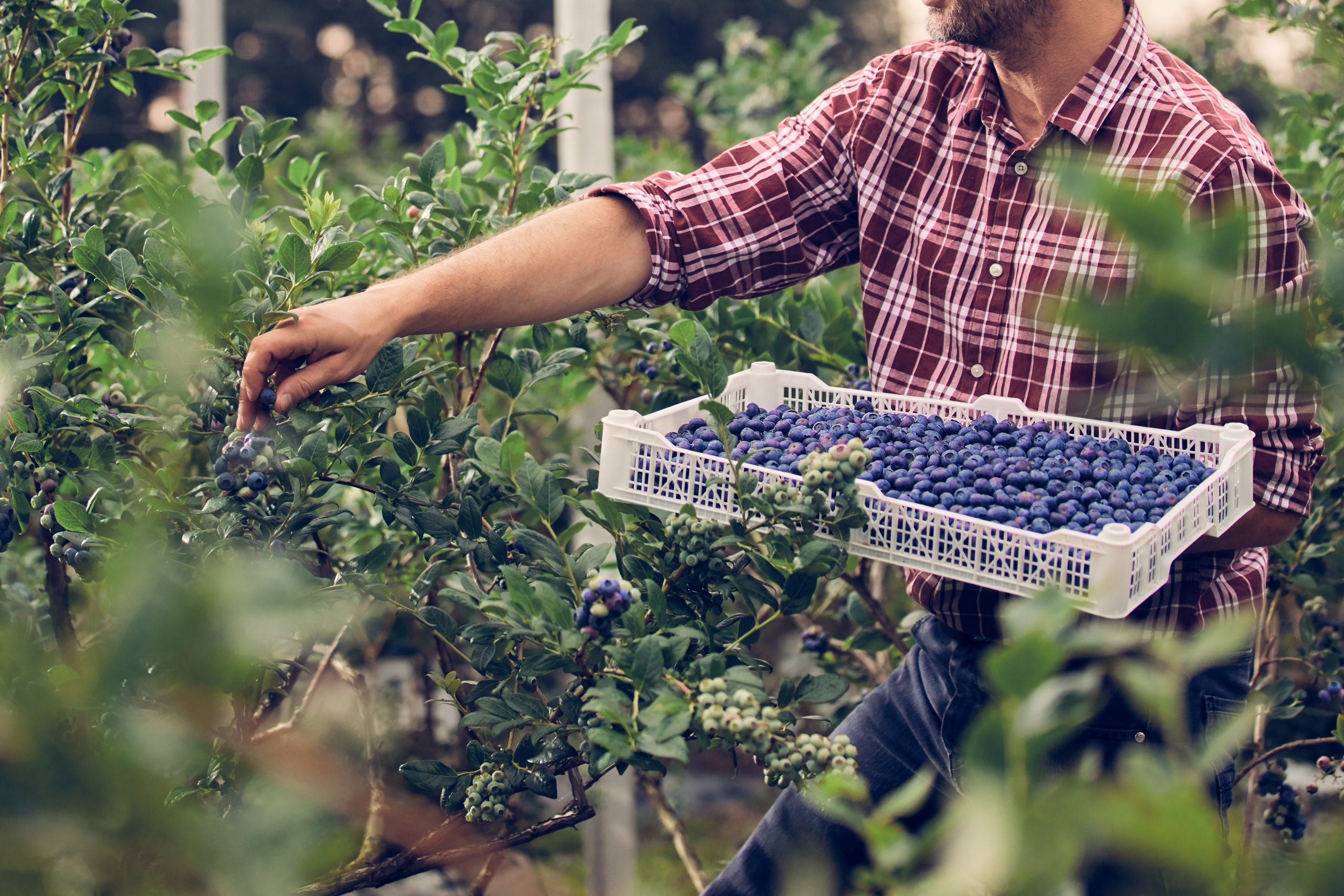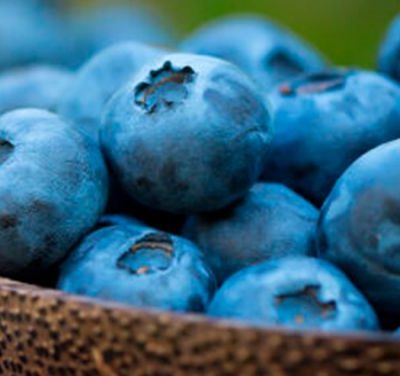Peru: Expert recommends using biological control in blueberries
 Implementing biological control in blueberry plantations can help improve integrated crop management, explained Sebastian Ochoa, an expert in the fruit and manager of Patagonia Berries, a Chilean company.
Implementing biological control in blueberry plantations can help improve integrated crop management, explained Sebastian Ochoa, an expert in the fruit and manager of Patagonia Berries, a Chilean company.
He noted that the introduction of “natural enemies” in the plantation balances the ecosystem more efficiently, in turn preventing the use and investment in pesticides.
As an example, he recommended the use of Agrobacterium radiobacter K84 race in order to fight “crown gall”, the disease caused by Agrobacterium tumefaciens bacteria, which causes the formation of tumours in the neck buds of fruit. The former prevents organisms entering the root.
Biological control can also be used against the disease caused by the Pseudomonas syringae bacteria, which attacks the tips of the leaves with fruit sprouts, especially at age one of the plant.
The technique is also useful against pests. Among these, he stressed that the most harmful ones are the larvae of weevils, the Pseducoccus viburni and P.calceolariae, better known as “white pig” and the Otiorhynchus sulcatus or ” greenhouse weevil”, whose presence may cause the complete loss of plantations.
The expert noted that berries in both Peru and Chile are vulnerable to the mentioned pests and diseases. However, in his view, his country’s agro-climatic diversity allows for better phytosanitary controls.
Agraria.pe




